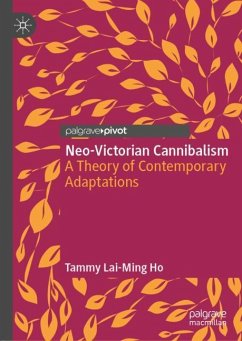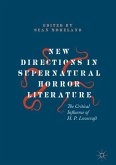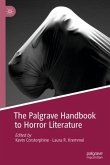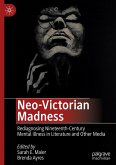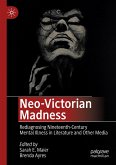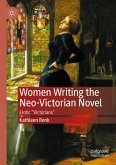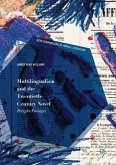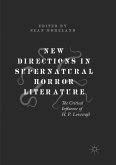This Pivot examines a body of contemporary neo-Victorian novels whose uneasy relationship with the past can be theorised in terms of aggressive eating, including cannibalism. Not only is the imagery of eating repeatedly used by critics to comprehend neo-Victorian literature, the theme of cannibalism itself also appears overtly or implicitly in a number of the novels and their Victorian prototypes, thereby mirroring the cannibalistic relationship between the contemporary and the Victorian. Tammy Lai-Ming Ho argues that aggressive eating or cannibalism can be seen as a pathological and defining characteristic of neo-Victorian fiction, demonstrating how cannibalism provides a framework for understanding the genre's origin, its conflicted, ambivalent and violent relationship with its Victorian predecessors and the grotesque and gothic effects that it generates in its fiction.
"Neo-Victorian Cannibalism is ... an appreciated and extremely well-researched new take on neo-Victorian literature, which might be of use for anyonestudying neo-Victorian fiction, adaptation theory, or any of the novels analyzed in the book." (Krisztina Jilling, Hungarian Journal of English and American Studies, Vol. 26 (2), 2020)

